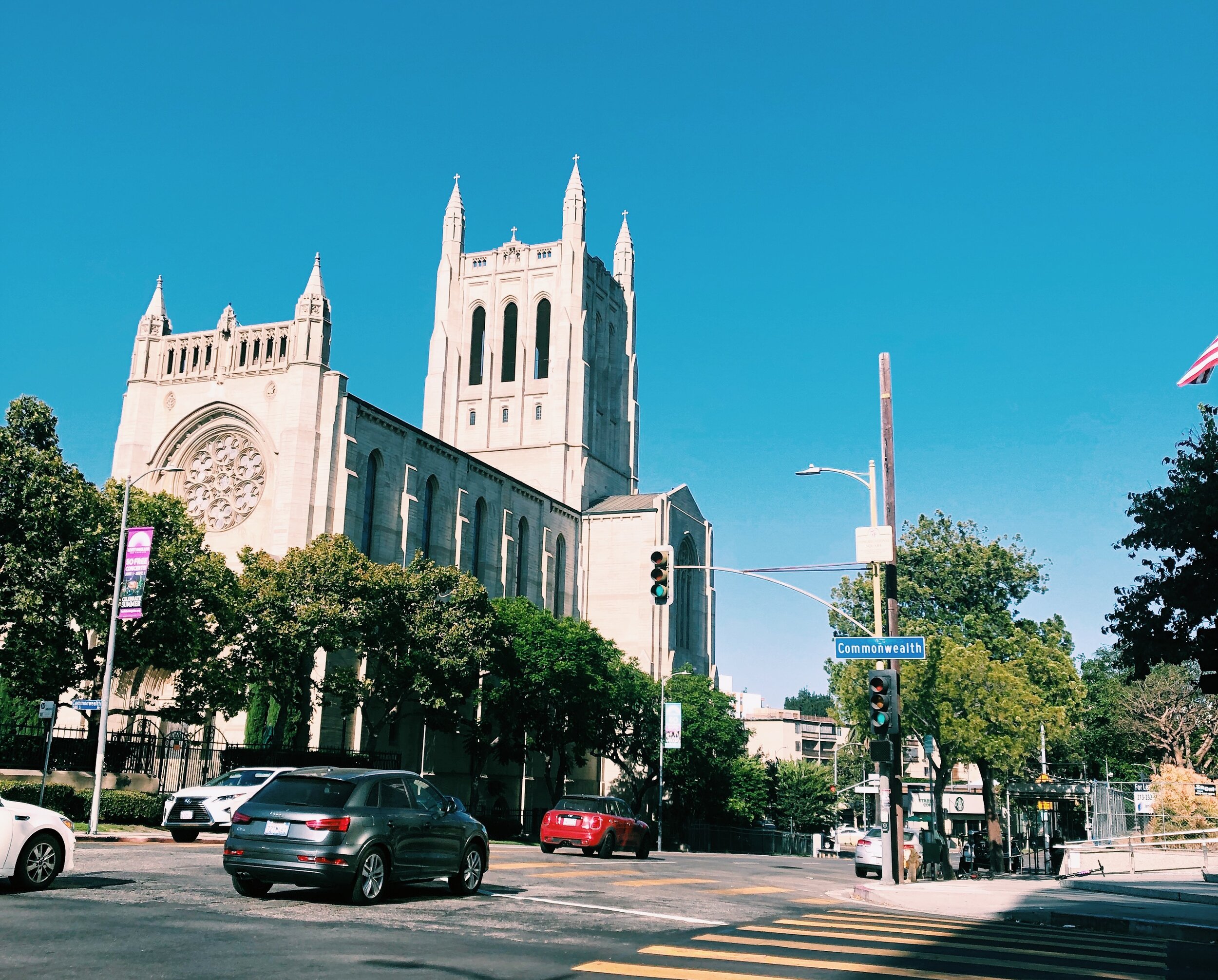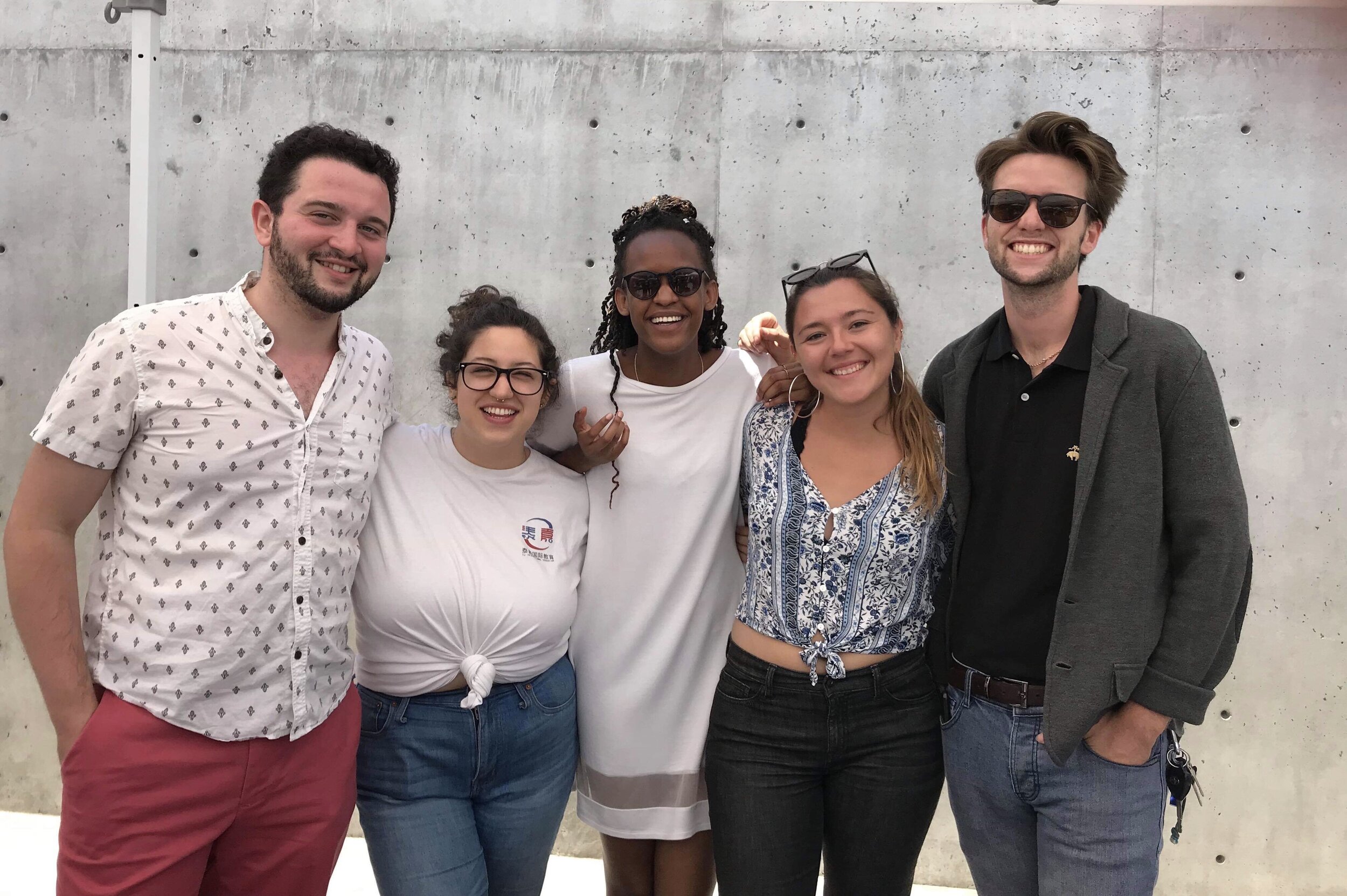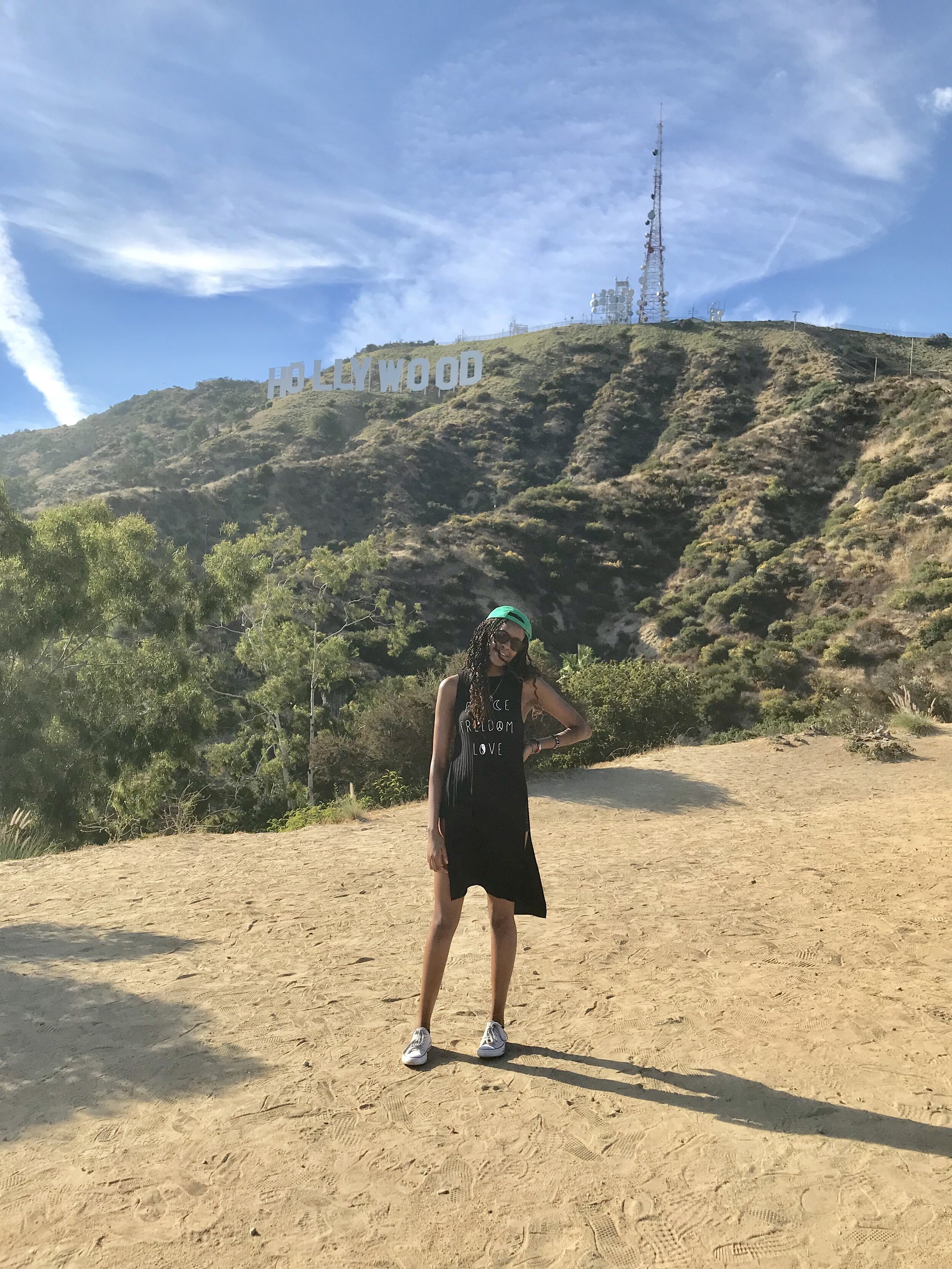During my time in college, attending composition festivals over the summer has been the ‘in’ thing for a while. Said composition festivals, as per their purpose in the new music/classical-contemporary world, could be described as residencies, where you convene with composers and performers and rigorously create, perform, learn about and workshop music over an extended period of time. The festivals have become a place to create connections in the industry, as many are hosted by new music organisations that pretty much dictate the shape of the industry landscape (Bang on a Can, So Percussion, Mostly Modern, just to name a few). Getting solid recordings of work — possibly by professional musicians — is a given, and because the festivals have all these people congregating in the same place, composers get to write for larger ensembles/instrument combinations that may have otherwise been harder to access. The festivals give a lot to its participants, but at the same time, only the people who can pay have access to the connections and resources that come with it, perpetuating the gatekeeping and diversity issues that the classical world has yet to reconcile with.
Already, most of my peers had been attending around 2-3 festivals (even starting in their high school years). I had not attended any by the time I finished my junior (3rd) year. Growing up in Kenya, I had no idea that resources like this existed for early-stage composers. And once I learned about them upon arriving in NYU, trying explaining their value to my parents was already difficult (“I’m already spending money for you to go to school, and now you want me to spend more?”). I was also a little hesitant about attending festivals myself: the thought of being in a camp full of composers and performers let a new wave of imposter syndrome flood through my mind. I didn’t feel like I knew enough to belong in these spaces.
However, there was something particularly non-threatening — welcoming, even — about the N.E.O Voice Composition Festival, that was going to take place in Los Angeles, California. It was the festival’s first year running, and while accommodation was not included (and transport costs were as generous as how far from Los Angeles you were), the cost of the week-long festival itself was friendly ($600). The festival was also coinciding with the period when I was coming into my own not only as a vocal composer, but also as a vocalist, and so the idea of a festival centred around the voice didn’t feel too intimidating.
I attended the festival with close friend and composer Leah Ofman, and we shared the cost of an Airbnb for the week. Hosted by Laurel Irene, David Harris and Fahad Siadat, the festival comprised of 35 musicians who all fall somewhere on the spectrum along composer and vocalist. Each morning, we’d meet at 9am, starting with a meditation (“the body is your instrument!”), and then move on to workshops on the science & mechanisms of the voice, compositional techniques to explore for singers and organists (as we were based in a church). There were also some conversations about the business side of being a professional musician.
The funnest part about the festival, though, was that we all functioned as a choir, religiously working through 12 choral compositions that were each written by the composers attending the festival. We rehearsed 3-6 hours daily so that they were performance-ready for the final culminatory concert at the end of the week. Friend Danny Castellanos and myself wrote pieces for solo musicians that were workshopped in smaller sessions and that were not a part of the final concert, which I was initially bummed out about as it would’ve been really nice to have the chance to write for a 30-people choir, but the workshop went well, and I’ve since had more opportunity to write for larger groups of singers). Of course, we’d all get recordings of the performances.
It’s weird and feels a little cringey to say that the festival changed my life, but it really did. There’s so much I absorbed and experienced in that week that is hard to put in words; I can’t fully explain why it had the impact on me that it did. As an artist, the validation and fullness of being surrounded by people who value your creativity is such a powerful and affirming feeling. To be inspired by your peers, to be challenged in positive ways, to meet mentors, people to aspire to be like; and to be that person that people look up to as well; to create close and meaningful friendships and connections that lasted beyond the festival. I felt so connected to the LA music/choral community in that short time, so much so that I began considering universities in the city as potential options to do my masters degree (CalArts, UCLA, etc). The festival scheduled filled up most of the days, but we had a small window of free time at the end of the week to go to the beach and hang out. I’d made a beautiful friendship group who I loved spending that free time with.
Quickly after the festival, I set up my website and newsletter (the latter of which I got the idea from a workshop on creating your composer brand that Fahad had given). And suddenly I had a lot of new confidence and direction in my compositional and vocal pursuits. In addition to still being in touch with friends made from the experience, one of the musicians from the festival that I looked up to, Jasper Sussman, went on to perform the piece (Questions on the Origins of Creativity) that I’d written for the festival at a separate concert in San Diego.
Sometimes I think one of the reasons that made the NEO Festival experience so powerful — not only for me, but even for many of the other musicians that were a part of it — was that it was centred around the voice. The voice is a part of you, your very being. It’s so visceral in a way that other instruments are not. This means that you have to get comfortable with vulnerability quickly, or rather, you have to release the fear of vulnerability and just let your body be. This is one of the reasons that I always find myself returning back to the voice to express certain feelings in the music that I write. And I’m always going to take the lessons learned from NEO with me.
————




